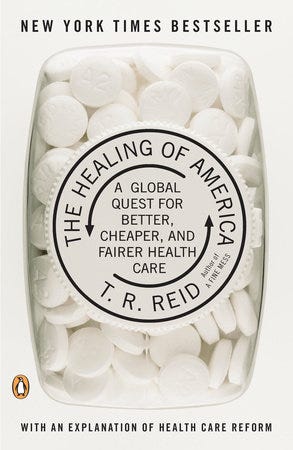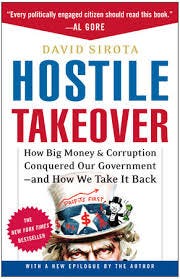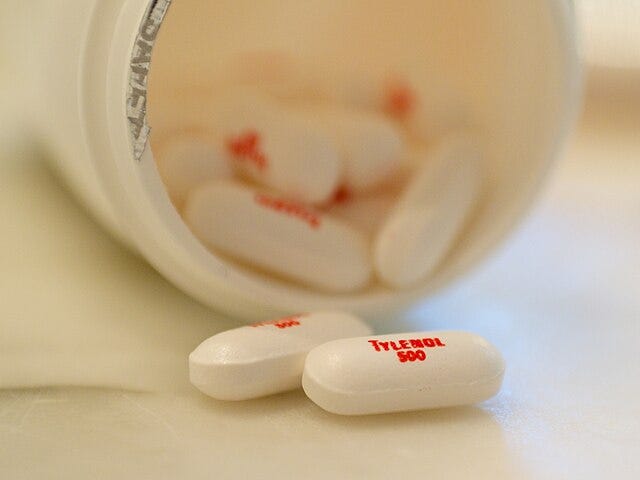Why do healthcare executives make so much money?
The highest paid CEO working in American healthcare, Moderna chief Stephane Bancel, brought home $300 million dollars last year. His net worth is estimated at between $2 and $4 billion. Next on the list is Peter Gassner of Veeva Systems - $245 million. Number three was Martine Rothblatt of United Therapeutics, who made $85.4 million. The five highest paid CEOs of the country's health insurance companies all made more than $20 million last year. And those are just the big dogs mind you. There are countless CEOs and CFOs spread across hospitals and pharmaceutical companies all over the United States making high six and low seven figure salaries.
Where does that money come from? It comes from us. The American healthcare industry profits from sickness and misfortune. When you have a procedure at a hospital every person you interact with has their hand out – and each link in that chain must turn a profit on the transaction from the doctors and staff to the hospital to the insurance company. Every time you get charged $15 for one Tylenol at the hospital, or your insurance company gets billed $800 for an IV bag that costs about $1, we are ultimately the ones paying those costs.
More and more of that money is evaporating out of our paychecks. According to the Bureau of Labor Statistics the cost of providing medical benefits rose 258 percent between 1986 and 2016. Rising healthcare costs depress wage growth. According to a survey of 300 employers, in the year 2014 alone healthcare expenses rose 10 percent while wages only went up 4 percent. If your company is forced to pay more for health insurance that means fewer people get raises, a significant factor behind stagnating wages over the last few decades. A bigger and bigger chunk of our total compensation is getting channeled to insurance companies and away from us.
The American for-profit healthcare system creates all sorts of perverse incentives that do nothing to improve public health. Our medical system is geared more towards high-profit high tech interventions than boring old prevention. A 2006 New York Times article talks about the problem diabetics face. Frequently a $150 visit to the podiatrist to deal with foot problems caused by the disease won’t be covered by insurance, but nearly all insurance companies will cover a foot amputation that costs around $30,000. The Times quotes Diana K. Berger who points out “'If a hospital charges, and can get reimbursed by insurance, $50,000 for a bariatric surgery that takes just 40 minutes or it can get reimbursed $20 for the same amount of time spent with a nutritionist, where do you think priorities will be?”

Other countries keep their healthcare costs in line by setting limits – a floor and a ceiling. A universal healthcare system covers everybody but doesn’t cover everything. In Japan the government sets strict limits to control costs; they set the income levels for medical providers, determine what treatments and drugs must get paid for, and negotiate the prices insurance pays out. In the US the biggest and most influential insurer in the country is prohibited – by law (the Medicare Modernization Act of 2003) - from negotiating drug prices. This is one of the primary reasons Americans pay two to ten times what everyone else on the planet pays for the exact same drugs made at the exact same factories. Every person in Japan can go to the doctor if they get sick or injured. Every broken leg gets treated. But not every procedure is approved. An 86 year-old with advanced heart failure will probably not be allowed to get aggressive, expensive treatments.

This is the bludgeon used to defend America’s healthcare system. Rationing! Death panels! Any healthcare system that agreed to pay out every claim would eventually collapse. But it’s silly to pretend that the American system doesn’t already have rationing. Writer David Sirota underscores this point in his book Hostile Takeover saying, “Just stop for a moment and think about it: the whole point of for-profit health insurance companies is to ration care and limit the amount of coverage its patients get in order to make money.” [Emphasis in original] The only difference is that here for-profit insurance companies are the ones who decide who lives and who dies, not the government.
Why would it ever be better to have the government making such decisions? Because private companies are completely unaccountable to the public. We have no control over a corporation’s decision-making process. This is the very heart of the distinction between public and private. At least if the government were making decisions the public would theoretically have a way to hold decision-makers accountable through the democratic system. It might not be easy, but ultimately the government is accountable to us. Business is not.
This is part 3 of a series about how capitalism is destroying American healthcare. In my next post we'll take a closer look at some of the other advantages of universal healthcare and why it seems like an impossible dream here in the US.
Please give a like, comment, and restack so that other people can find me here on Substack.
Let’s make them pay.
Please go here for PART 1.
Please go here for PART 2.















Share this post